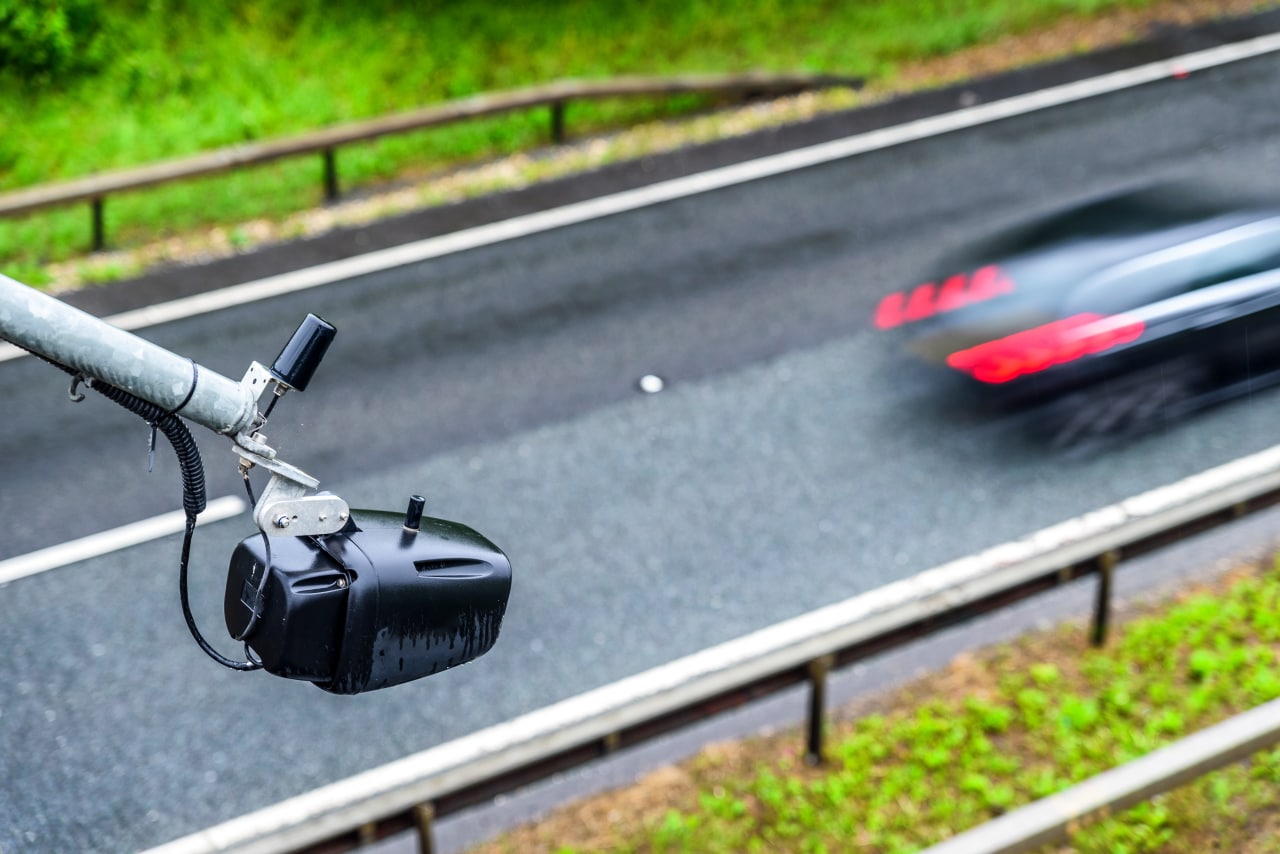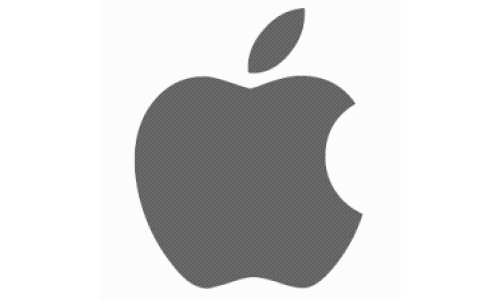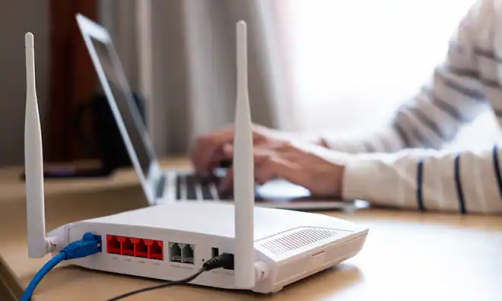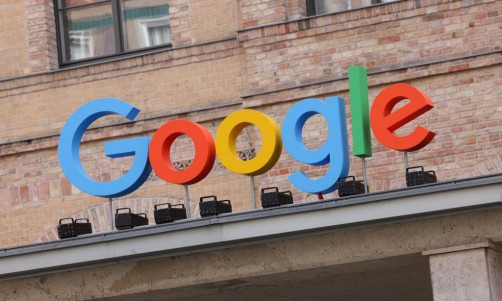Everyone knows that the license plate on your car is directly tied to a lot of information, including your driving history. But beyond allowing cops to figure out whether you have outstanding parking tickets (or who they're about to give another one to), what is that data actually good for? As it turns out, quite a lot - and automated license plate recognition hardware and the related software is proof positive of that fact.
But what is ALPR, what is it used for and why should you care to begin with? The answers to these questions require you to keep a few key things in mind.
What is Automated License Plate Recognition Software?
At its core, automated license plate readers and the associated software are largely what they sound like - these systems include high-speed, computer-controlled camera systems that can be mounted in a variety of places in order to capture license plate information.
The software itself functions thanks to both artificial intelligence (AI) and a subset of that technology called optical character recognition (OCR). When a car passes in front of the ALPR camera in question, the image is scanned and converted into a format that can be automatically read by the software itself. The program can "tell the difference" between a license plate versus other types of text, thus presenting that information to end users as a result.
Who Uses ALPR and Why?
The most obvious application of ALPR technology has to do with law enforcement. If you mount these cameras on a utility pole, at a streetlight, on a building or even in a patrol car, police can collect a huge volume of information automatically. They don't just know the license plate of a car - they know precisely where it was and when. It's a system that an estimated 93% of police departments in cities with a population of over one million are already using.
They can also compare that information with a database of previously collected plates to figure out if a particular car was present when a crime was committed, where a car was, so they can recover it if it was stolen and more.
While ALPR may feel a little like "Big Brother" is watching in this context, it's important to note that it has a number of other (less frightening) implications as well.
Businesses that operate out of office buildings or even large industrial environments can use ALPR for security-related purposes like access control. If you've recently terminated an employee who should absolutely not return to your location, you can add their license plate to a blacklist. Then, with ALPR cameras focused on the parking lot, you can have security teams instantly notified if they decide to return.
Another example of how this type of technology can be used takes the form of parking garages. Nobody likes having to spend time dealing with parking attendants or even remembering where they put their parking ticket. With ALPR, they wouldn't have to - their license plate could be scanned instantly upon arrival in the garage and their payment can be made quickly and easily either at a machine or via a mobile app. The system automatically knows who has paid and who hasn't, making the experience easier for everyone involved.
One area of our daily lives that can be greatly improved through the use of ALPR has to do with the experience offered by just about every drive-thru or curbside pickup line at fast food restaurants around the world. Yes, it's convenient to not need to get out of your car... but not at the expense of always getting the wrong order or having to repeat yourself once you get up to the window anyway.
Thankfully, ALPR hardware and software relieves all of that. Imagine a situation where you pull up to the drive-thru at a coffee shop and see two lanes. You place your order, but a car from the next lane manages to get in front of you as both merge into one. A recipe for disaster, right? Wrong - because your order was matched with your license plate thanks to ALPR. A dozen cars could get in front of you, and you'd still get the same order every time.
Or, imagine a situation where you need to take your car in for service, and you call ahead to the dealership to let them know what the problem is and why you're coming. Then, when you pull into the service lane upon arrival, someone automatically knows who you are, why you're there and what they're supposed to do.
Imagine no more, because that's exactly what is possible with automated license plate recognition software and ALPR technology. These are just a few of the many examples regarding what these systems can do when deployed properly.
In the End
Yes, there are admittedly a few privacy-related concerns associated with automatic license plate readers and all related software, particularly when it comes to privacy. Those concerns are valid, but they're ultimately no different from worrying about the sheer volume of information people post on social media, or the personal data that could be gleaned if your smartphone fell into the wrong hands. Likewise, the information collected via ALPR is already publicly available and is not tied to any personal information about the driver, so it's actually safer than those examples.
Overall, it's clear that ALPR already has a lot to offer in a variety of different contexts and those benefits are only going to get more prevalent as the underlying tech continues to advance.















